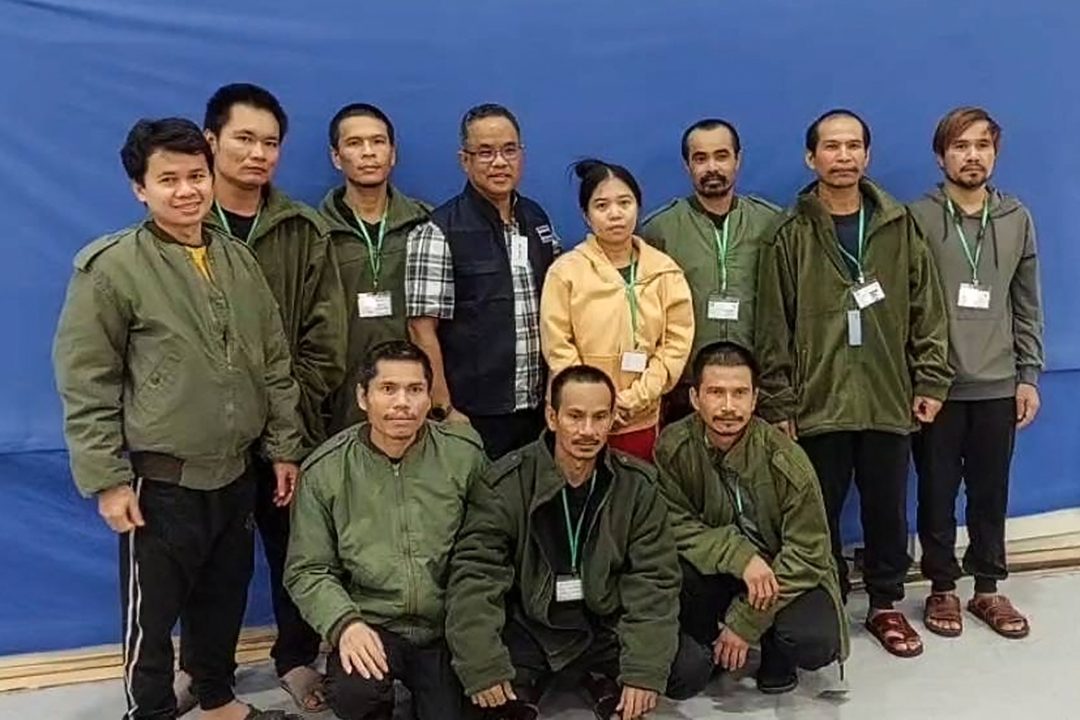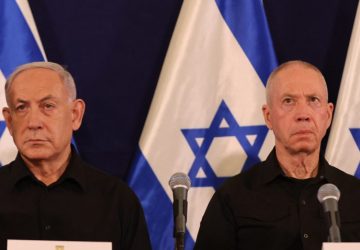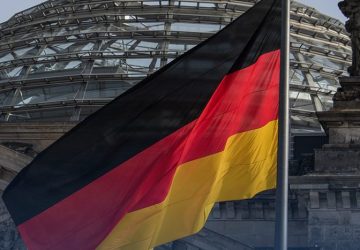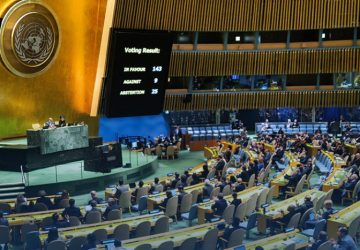Hamas fighters are set to release a new wave of hostages on Saturday in exchange for Palestinian prisoners, officials said, offering hope to anguished families after seven weeks of war that have killed thousands of people.
Hamas is expected to release 14 hostages in return of 42 palestinian prisoners in accordance with the conditions negociated in the truce agreement of an Israeli hostage for three Palestinians.
Hamas is expected to free 50 hostages during the ceasefire in exchange for 150 Palestinian prisoners, as part of an agreement struck after talks involving Israel, Palestinian militant groups, Qatar, Egypt, and the United States.
“Only a Start”
“I welcome the release of the first group of hostages… Special thoughts for the French hostages and their families. They can count on our determination,” Macron said on X, formerly Twitter.
“We remain mobilized alongside the mediators to secure the release of all hostages,” he added.
Terrible Trauma
In Tel Aviv, the smiling faces of freed hostages were projected onto the walls of the art museum with the words “I’m home.”
“I am determined to help my family recover from the terrible trauma and loss we went through,” said Yoni Asher, whose wife Doron and two daughters, aged two and four, were freed after 49 days held hostage in Gaza.
“It’s allowed to feel joy, and it’s allowed to shed a tear,” Asher said in a video released by the Hostage Families Forum.
On the other side, Palestinians cheered the return of prisoners from Israeli jails.
Of the 39 prisoners freed by Israel on Friday, 28 were released in the occupied West Bank, an AFP correspondent reported, while the other 11 were brought to annexed east Jerusalem, according to the Palestinian Prisoners’ Club.
“I spent the end of my childhood and my adolescence in prison, far from my parents and their hugs,” freed prisoner Marah Bakir, 24, told AFP after returning to her home in annexed east Jerusalem.
“That’s how it is with a state that oppresses us.”
Meanwhile, Israeli Prime Minister Benjamin Netanyahu vowed to bring all the Hamas hostages home.
“This is one of the goals of the war, and we are committed to achieving all the goals of the war,” he said.
Humanitarian Convoy
The pause in fighting in Gaza opened the way to desperately needed aid.
Trucks carrying supplies, including fuel, food, and medicine, began moving into Gaza through the Rafah crossing from Egypt shortly after the truce began at 7:00 AM (5:00 GMT) on Friday.
Two hundred aid trucks in total passed through — the biggest humanitarian convoy to enter the besieged territory since the war started — according to the Israeli defense ministry body that handles Palestinian civil affairs.
Jens Laerke, spokesman for UN humanitarian agency OCHA, expressed hope that the pause would lead “to a longer-term humanitarian ceasefire.”
Gazans have struggled to survive with shortages of water and other essentials.
The ceasefire also sparked a mass movement of thousands of people who had sought refuge in schools and hospitals from relentless Israeli bombardment.
The UN estimates that 1.7 million of Gaza’s 2.4 million people have been displaced by the fighting.
In southern Gaza’s Khan Yunis, where many Palestinians fled, a cacophony of car horns and ambulance sirens replaced the sound of war.
People loaded belongings onto carts, strapped them to car roofs, or slung bags over their shoulders, crowding the streets to return to their homes from temporary shelters.
Israeli warplanes dropped leaflets warning people that the war is not over and that it is “very dangerous” to return north, the focus of Israel’s military campaign.
Several thousand Palestinians nevertheless attempted to move north on Friday, the UN humanitarian affairs organization said.
With AFP





